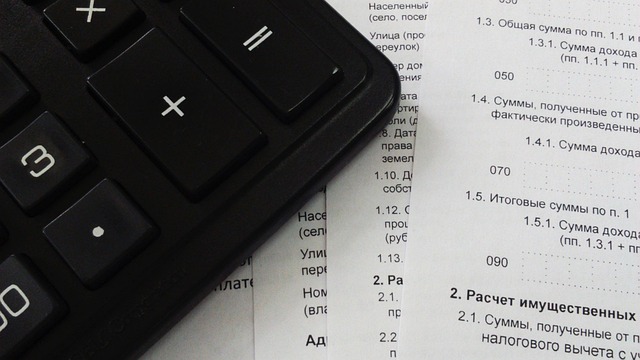Efficient maintenance strategies, leveraging technology for remote monitoring and predictive analytics, significantly reduce costs in Real Estate by minimizing repairs, enhancing property value, and promoting compliance. Smart home devices and data-driven insights further optimize operations, improving tenant comfort and energy efficiency while empowering landlords to make informed decisions.
In the competitive real estate market, understanding and minimizing overall ownership cost is paramount for investors. This article delves into three strategic areas that significantly impact property profitability: efficient maintenance practices to reduce repair bills, property tax optimization strategies, and leveraging technology for streamlined operations. By implementing these proven techniques, real estate owners can navigate a complex landscape, enhance their bottom line, and stay ahead of the competition.
Efficient Maintenance Strategies Key to Cost Savings

Implementing efficient maintenance strategies is a game-changer in real estate, significantly impacting overall ownership costs. Regular, proactive upkeep can prevent costly repairs down the line. Simple measures like scheduling routine inspections, promptly addressing minor issues, and adhering to a consistent cleaning regimen can go a long way.
Property managers should consider adopting technology for remote monitoring and predictive maintenance. Smart sensors and data analytics can identify potential problems early on, allowing for targeted fixes before they escalate. These strategies not only reduce repair expenses but also enhance the property’s value and longevity, making them essential practices in the real estate industry.
Property Tax Optimization: A Significant Factor

In the realm of real estate, property tax optimization stands out as a significant factor influencing overall ownership cost. This strategic approach involves meticulous research and planning to ensure that property owners pay only what is fair and legally permissible. By leveraging local assessment records, market trends, and tax laws, property managers and investors can identify opportunities to reduce their tax burden. This includes taking advantage of exemptions for seniors, veterans, or specific types of businesses operating within certain zones.
Effective property tax optimization requires staying informed about changing legislation and working with experienced professionals who understand the intricacies of tax assessment. It involves gathering accurate data on property value, improvements made, and comparable sales in the area to challenge assessments that may be inflated. This proactive strategy not only minimizes financial strain but also ensures compliance, fostering a sustainable and profitable real estate investment environment.
Leveraging Technology for Streamlined Operations

In today’s digital era, real estate professionals are leveraging technology to streamline operations and significantly reduce overall ownership costs. Smart home devices and automated systems enable efficient management of properties, from remote control of lighting and temperature to predictive maintenance schedules. These innovations not only enhance tenant comfort but also minimize energy consumption, lowering operational expenses.
Moreover, advanced data analytics and AI-driven tools help in making informed decisions about property investments. By analyzing market trends, occupancy rates, and maintenance costs, landlords can optimize their portfolios, identify areas for improvement, and make strategic choices that maximize returns while minimizing outlays. This technological integration is transforming the real estate landscape, offering both cost savings and improved asset management.






